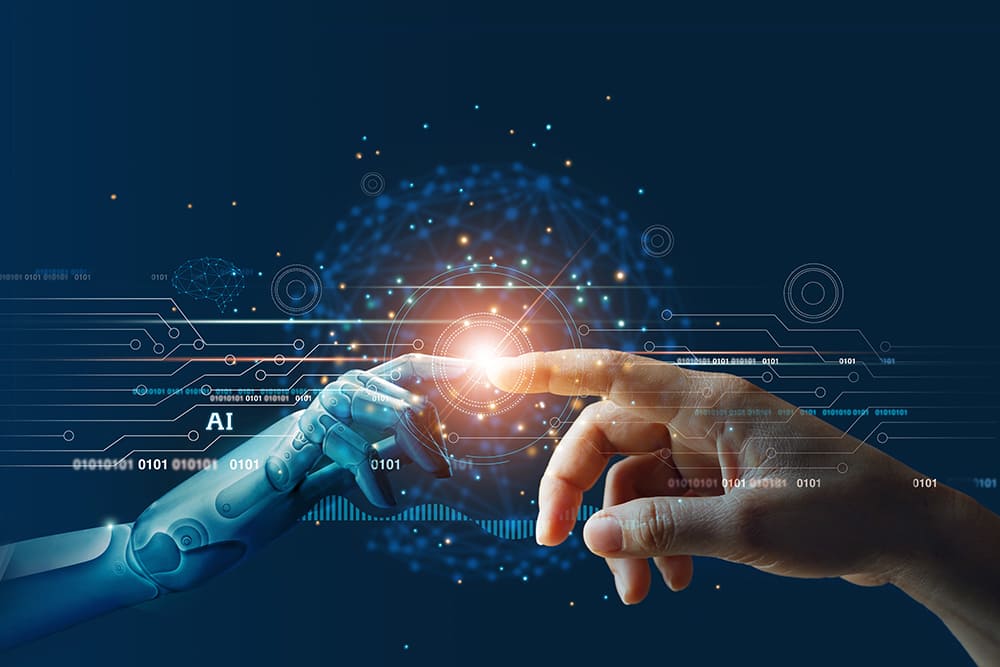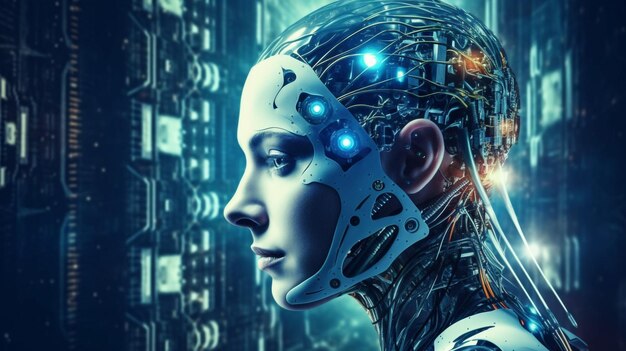Artificial Intelligence (AI) has emerged as a transformative force, reshaping industries and laying the foundation for the future. The AI revolution is characterized by the integration of intelligent machines and algorithms into various aspects of human life, business, and society. From healthcare to finance, manufacturing to entertainment, AI is catalyzing unprecedented changes and unlocking new possibilities.
One of the key areas where AI is making a profound impact is in industries. Automation, a subset of AI, is revolutionizing manufacturing processes. Smart factories equipped with AI-driven robotic systems are enhancing efficiency, reducing errors, and increasing productivity. These intelligent machines can adapt to dynamic environments, learn from experience, and collaborate seamlessly with human workers. The result is a more agile and responsive manufacturing ecosystem.
In healthcare, AI is revolutionizing diagnostics and personalized medicine. Machine learning algorithms analyze vast datasets of medical records, genomic information, and clinical trials to identify patterns and correlations that humans might overlook. This enables early detection of diseases, more accurate diagnoses, and tailored treatment plans. The AI revolution in healthcare holds the promise of not only saving lives but also optimizing resource allocation and reducing the overall cost of medical care.
Furthermore, AI is transforming the financial sector by automating routine tasks, enhancing fraud detection, and providing sophisticated risk analysis. Algorithmic trading, powered by AI, is making split-second decisions in financial markets, optimizing investment strategies, and maximizing returns. The AI revolution in finance is not only increasing operational efficiency but also reshaping traditional business models.
Beyond individual industries, AI is also shaping the future of work. While concerns about job displacement exist, the AI revolution is also creating new job opportunities and demanding a workforce with advanced digital skills. Human-AI collaboration is becoming the norm, where AI handles routine tasks, freeing up human workers to focus on more complex and creative endeavors. The workforce of the future will likely be characterized by a seamless integration of human and machine intelligence.
However, with the immense potential of the AI revolution comes a set of challenges, particularly in the realm of ethics.
